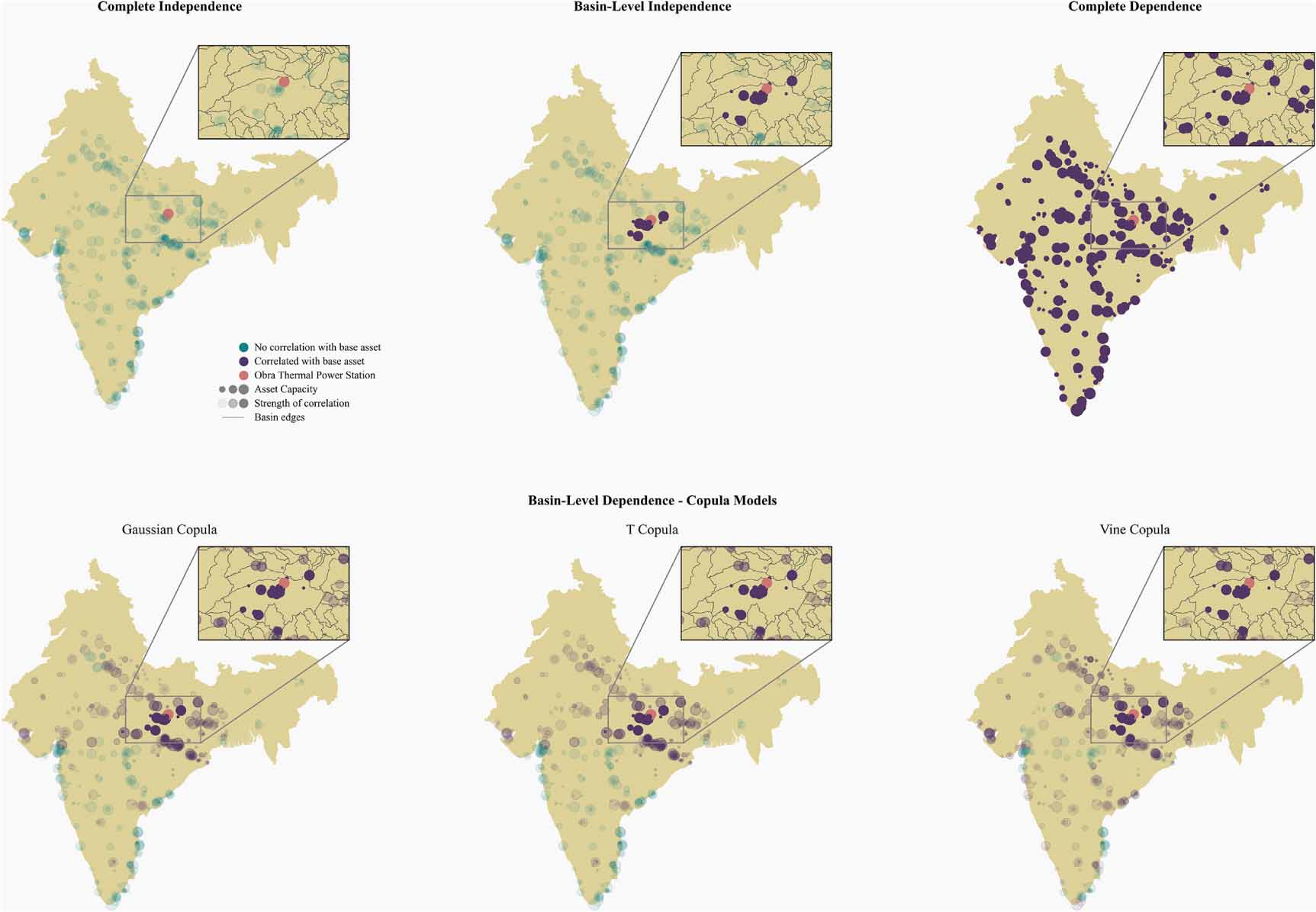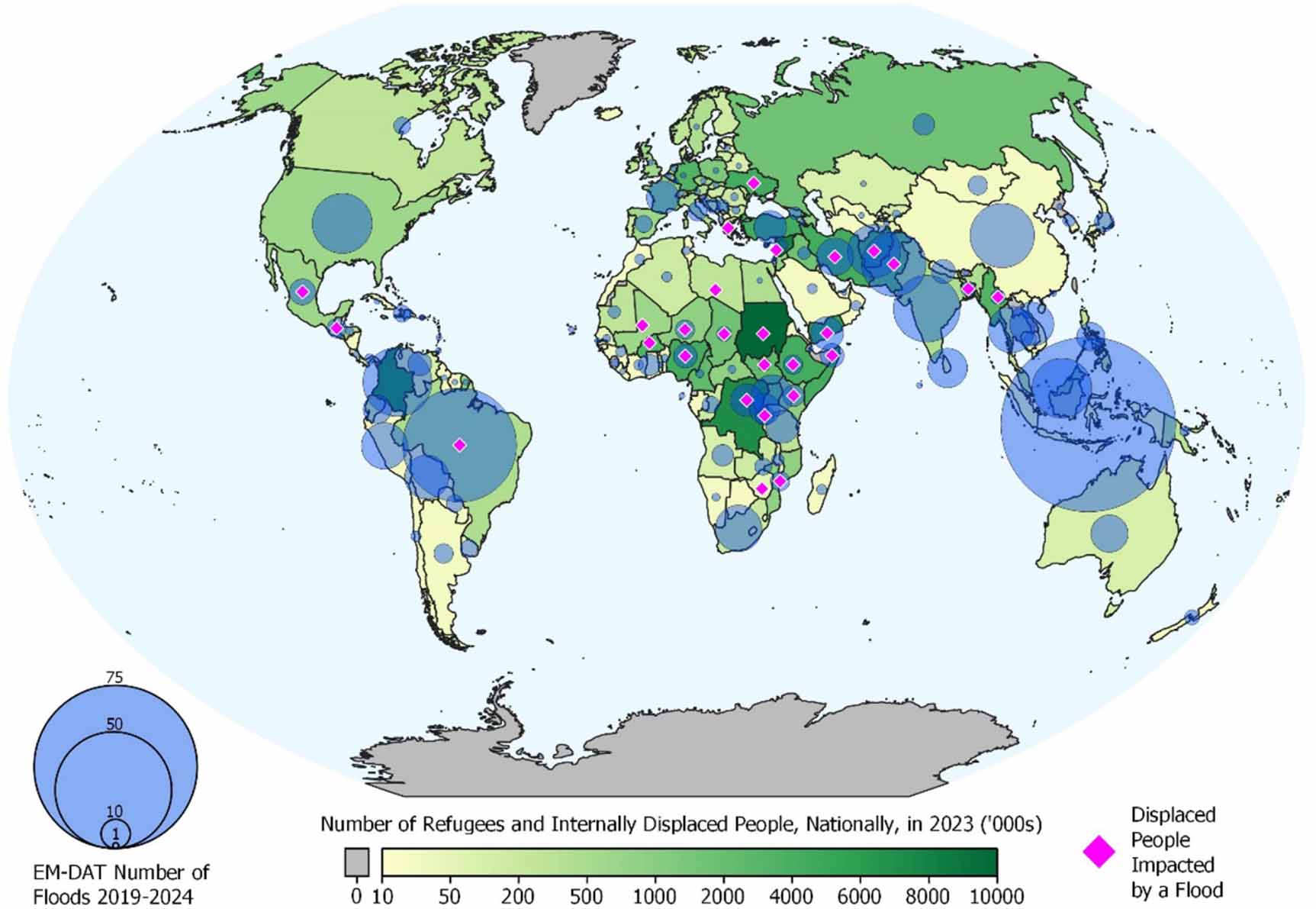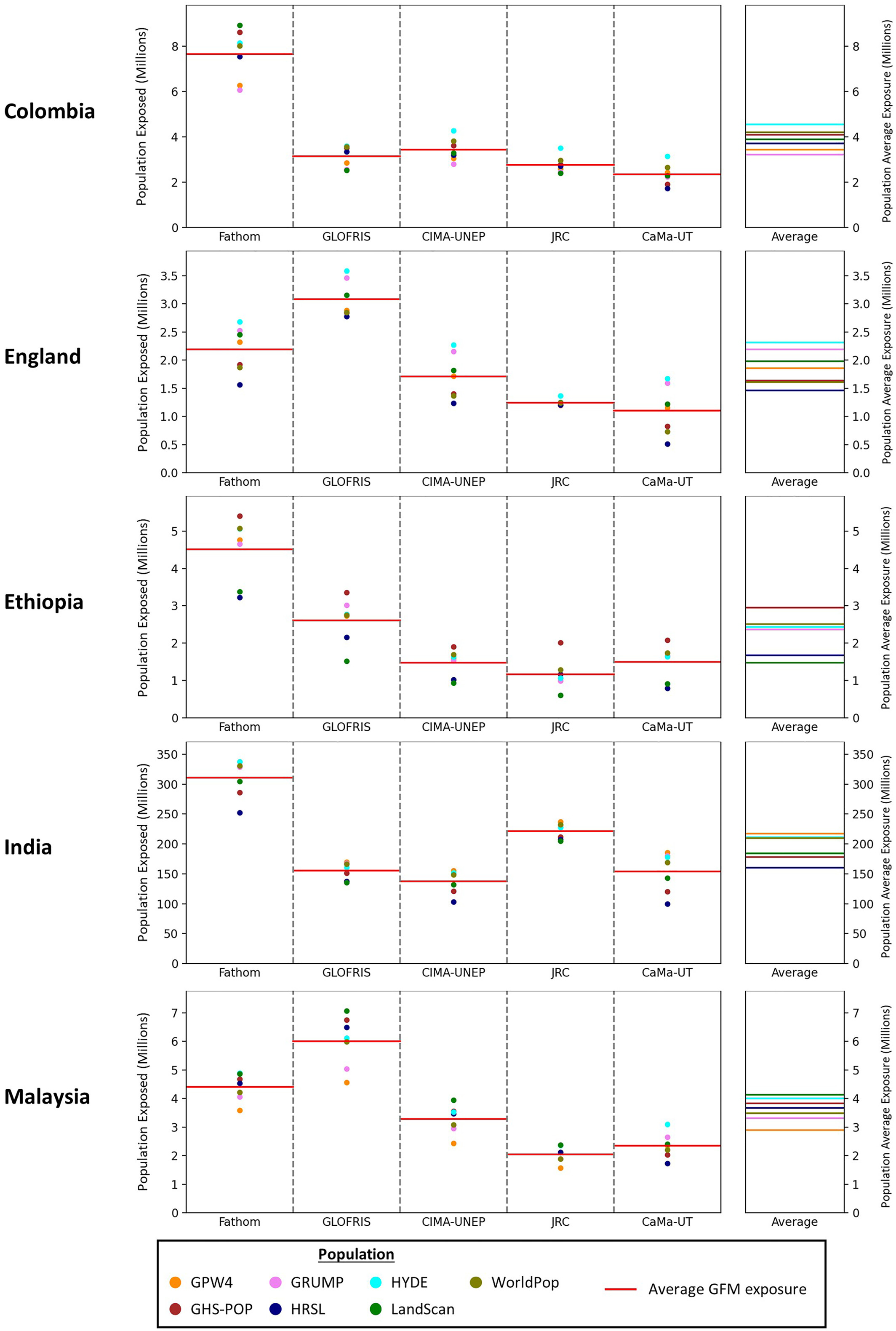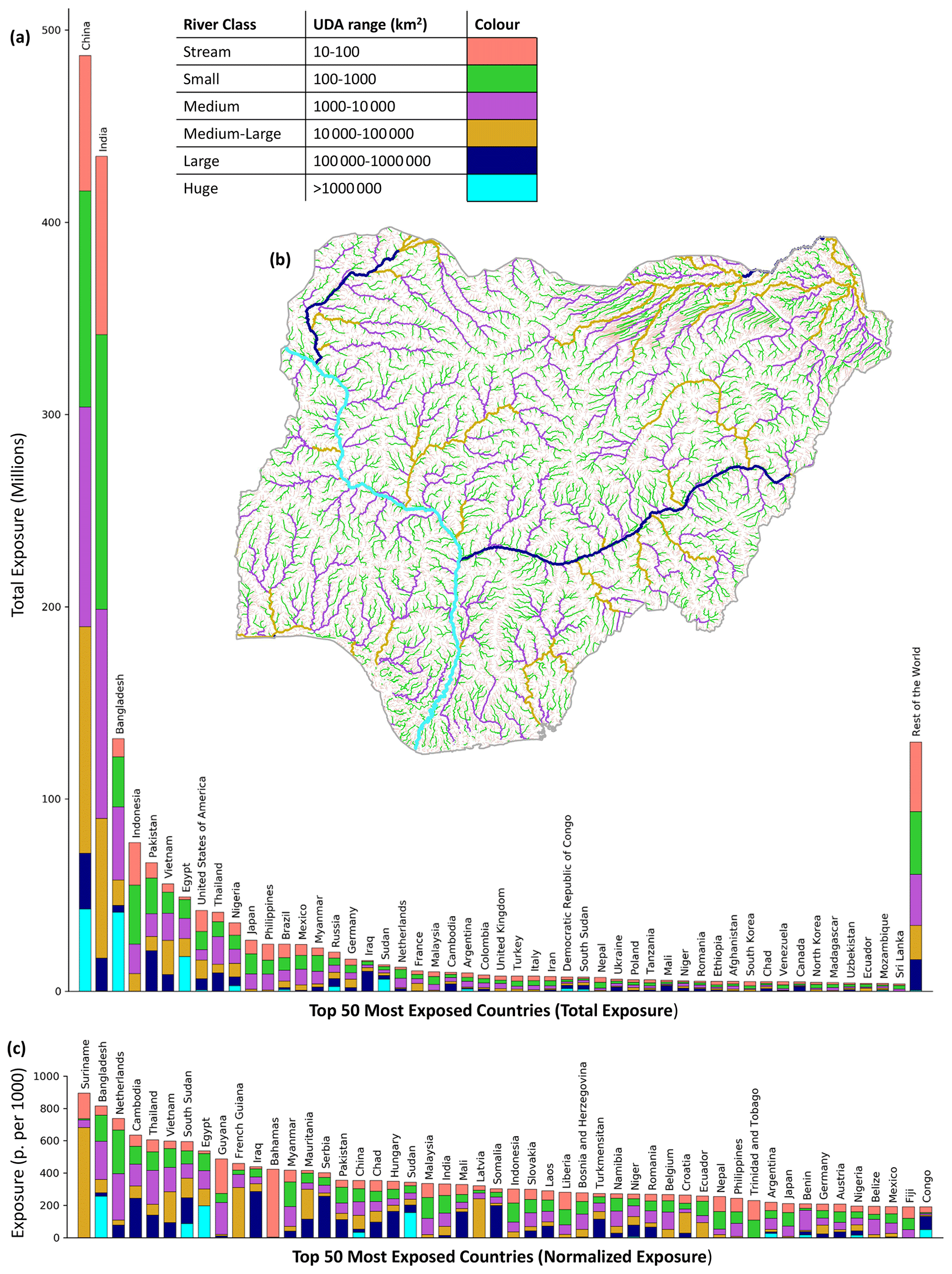Research
Research Overview
In short, I would say my research is at the intersection of climate risk and decision making. I’m interested in developing novel methodologies for understanding climate risk but I’m also interested in how climate models and data can inform different decisions.
My doctoral research was on global flood risk modelling and explored how global flood risk models should be evaluated and what decisions they could (and could not) inform. My postdoctoral research has focussed on climate adaptation, including developing new methodologies for governments and financial institutions to quantify climate risk and value adaptation. I am also interested in the ethics and responsibility around the use of climate data for decision making: from financial institutions to refugee camp managers.
On this page I give an overview of some of the ongoing projects I’m currently working on as well as some examples of my research that has already been published.
Current Research
Just Adaptation (J-ADAPT) Project
Institution: University of Oxford | Funding: The Howden Foundation | Timeline: June 2024 - June 2026
As part of the Oxford Programme for Sustainable Infrastructure Systems (OPSIS) I am leading a project that quantifies the unequal climate related infrastructure impacts in developing countries and develops data and tools to support decision makers in making equitable and just adaptation decisions.
This project develops global risk analytics and metrics that are integrated into the G-SRAT tool. We are also working together with decision-makers in Kenya to pilot the J-ADAPT toolkit we are developing.
Expected Outputs:
- Paper on flood risk inequality in developing countries (in preperation) (2025)
- Paper on the role of intermediary actors for driving just adaptation (in preperation) (2025)
- Paper on the Kenya case-study (mid 2026)
Adaptation-smart credit ratings
Institution: LSE | Funding: The Climate Works Foundation | Timeline: October 2025 - October 2027
As part of the Earth Capital Nexus group at the London School of Economics I am leading a project on integrating climate risk and adaptation within credit rating methodologies. This will focus on two scales: the sovereign level and the project level.
This project will develop new quantitative methodologies for integrating climate extremes and adaptation within financial risk models. It will also develop practical tools to support decision makers (from ministries of finance to infrastructure investors) to reflect the benefits of adaptation within credit ratings.
Expected Outputs:
- Methodological paper on integrating climate risk and adaptation within sovereign credit ratings (in preperation) (2025)
- Methodological paper on integrating climate risk and adaptation within project-level credit ratings (2026)
- Sovereign and project-level adaptation toolkits (2026-2027)
Refugee flood risk
Collaboration: with University of Leeds, University of Bristol, and Columbia University
This is an ongoing research project in collaboration with multiple universities that develops methodologies and guidance for understanding flood risk to refugees. Funding for this project is sporadic but I continue to collaborate with colleagues on this and we have run various conference sessions and continue to publish papers on the topic.
The responsible use of climate data for decision making
Collaboration: with University of Leeds and UCL
This is an early-stage research project that explores the ethics and responsibile use of climate data for decision making. We have already held workshops on the topic with the University of Leeds and UCL and have secured small-scale funding from NERC to run a pilot project exploring climate data uncertainty and decision-making in financial institutions.
Completed Research
An asset-level analysis of financial tail risks under extreme weather events (2025)
Environmental Research: Climate | Paper Link | Code
In this paper we introduce an open-source, modular, methodology for translating extreme climate risks into financial risks at the asset, firm, and portfolio level.
 The different correlation models explored
The different correlation models explored
Data, guidelines and ethics for managing flood risk when people are already forcibly displaced (2024)
Environmental Research Letters | Paper Link
In this paper we highlight some of the challenges with managing flood risk for people who are forcibly displaced. We then provide some recommendations for how flood risk should be effectively managed in these contexts.
 Global map of forcibly displaced people and flood events
Global map of forcibly displaced people and flood events
Unknown risk: assessing refugee camp flood risk in Ethiopia (2023)
Environmental Research Letters | Paper Link
In this paper we explore how global flood risk data can be used to understand flood risk to refugee camps in Ethiopia. We find that some global datasets are unsuitable for this task. However, when combined with local data such assessments can be informative. Applying this approach in Ethiopia, we find over 180,000 refugees are exposed to flooding, affecting 24 (96%) of camps in the country.
 Flood risk breakdown for Ethiopian refugee camps
Flood risk breakdown for Ethiopian refugee camps
Additional Resources:
The role of global data sets for riverine flood risk management at national scales (2022)
Water Resources Research | Paper Link
In this paper we explore how global flood risk datasets could inform national flood risk management. An intercomparison of hazard, exposure, and vulnerability datasets in five countries reveals significant uncertainty in the resultant national flood risk estimates. We advocate for a multi-model approach. This quantitative analysis was complimented by interviews with flood risk management stakeholders across the five countries which revealed the importance of the right institutional frameworks in place to ensure the effective use of global data nationally
 Intercomparison of flood model and exposure data national risk estimates
Intercomparison of flood model and exposure data national risk estimates
Global flood exposure from different sized rivers (2021)
Natural Hazards and Earth System Sciences | Paper Link
In this paper we developed a terrain-based global river flood hazard model to estimate the impact of river size representation on global and national flood exposure estimates. We found that the size of river that is modelled in global flood models has a significant imapct on flood exposure estimates, differing by up to a factor of 2 globally.
 Flood exposure from different sized rivers in 50 most exposed countries
Flood exposure from different sized rivers in 50 most exposed countries
Additional Resources:
- Data - Global River Flood Susceptibility Map
For a complete list of publications, please see my Google Scholar profile.
